
Excellence Isn't Optional
As an engineer by training, I confirm the wisdom of the saying that when you are in a hole you should stop digging. That is the first step towards formulating a sensible plan for getting out. Read more


As an engineer by training, I confirm the wisdom of the saying that when you are in a hole you should stop digging. That is the first step towards formulating a sensible plan for getting out. Read more
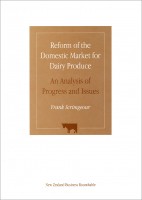
This study provides additional reasons why the government should avoid delay in implementing its decision to remove the statutory backing of producer boards. Previous work sponsored by the New Zealand Business Roundtable (NZBR) on the consequences of granting export monopolies to producer boards has pointed to inefficiencies associated with the exclusion of competition in export marketing. Read more
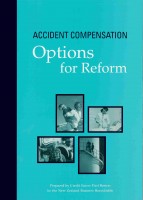
Focusing on accidents that involve bodily injury, the authors recommend far-reaching reform of New Zealand's accident insurance arrangements. The report deals with insurance market issues, including compensation of the injured and rehabilitation, and puts the case for abandoning state monopoly provision. Read more
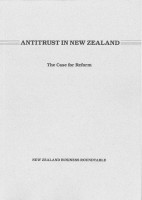
This report looks at the theoretical framework of antitrust law and the situation in foreign jurisdictions, it analyses the status quo in New Zealand and makes suggestions for reform of the Commerce Act. Read more

New Zealand farmers have a long history of seeking to control the processing and marketing of agricultural products through cooperatives. An important distinguishing characteristic of these firms is that suppliers of the raw material are also the suppliers of risk capital. Read more

This report was written by Credit Suisse First Boston at the request of the New Zealand Business Roundtable and the New Zealand Food & Beverage Exporters’ Council Inc. These organisations were motivated to commission the report because of the high costs imposed on industry by health, safety and environmental regulations. Read more

This paper discusses the regulation of telecommunications in New Zealand in the context of New Zealand's economic reforms in general and its antitrust regulation in particular. Chapter two comments briefly on New Zealand's economy-wide reforms to date and looks in a little more detail at the broad reform issues ahead. Read more
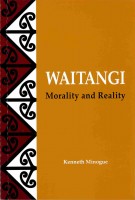
Waitangi, Morality and Reality aims to set the work of the Waitangi Tribunal, along with wider issues of ethnic relations in New Zealand, in a broader perspective than the viewpoint of the actual participants, who are, of course, the entire population of the country. My argument will not appeal to all; indeed, it may not appeal to anyone, but I have tried to open up some of its less obvious dimensions for examination and discussion. Read more

It is accepted by policy makers and commentators in New Zealand that the trend towards increased reliance on income support by persons of working age is an undesirable one. There is less agreement about why the problem has arisen and what should be done to remedy the situation. Read more

Many factors influence the effectiveness of government institutions in achieving desirable results in conservation. Consistent with its former traditions in other areas, New Zealand has used command and control approaches to conservation rather than approaches that rely more on private property rights, markets and prices. Read more
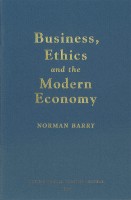
MINISTERS OF THE CROWN, distinguished guests, ladies and gentlemen. It is my very pleasant duty to welcome you here this evening on behalf of the New Zealand Business Roundtable. Read more
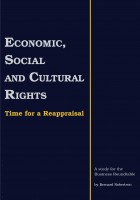
The purpose of this paper is to introduce business people, lawyers and public servants unfamiliar with the international protection of human rights to a potentially important matter which receives little public consideration and on which surprisingly little detailed analysis has been published. The discussion about international protection of human rights tends to be confined to a small group of academics, lawyers and diplomats who have interested themselves in these matters. Read more

The legislation granting the New Zealand Dairy Board the power to control the export of all dairy products gives it the status of an export monopoly. Although the Board is able to grant licences to other exporters, it does not approve applications for licences which it considers to be incompatible with its own strategy. Read more

President Bill Clinton, it is said, can speak for days without inhaling and is capable of holding sincerely, sometimes for minutes on end, exactly the same views as whatever group he is standing in front of. The columnist Dave Barry has even suggested that if Bill is put in front of tress, given enough time, he will engage in photosynthesis. Read more
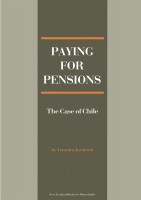
Reform of pension systems has become a serious policy issue in many countries, including New Zealand. The Chilean scheme provided a model for similar reforms of state pensions in countries such as Argentina, Mexico, Bolivia, Colombia and Peru. Read more